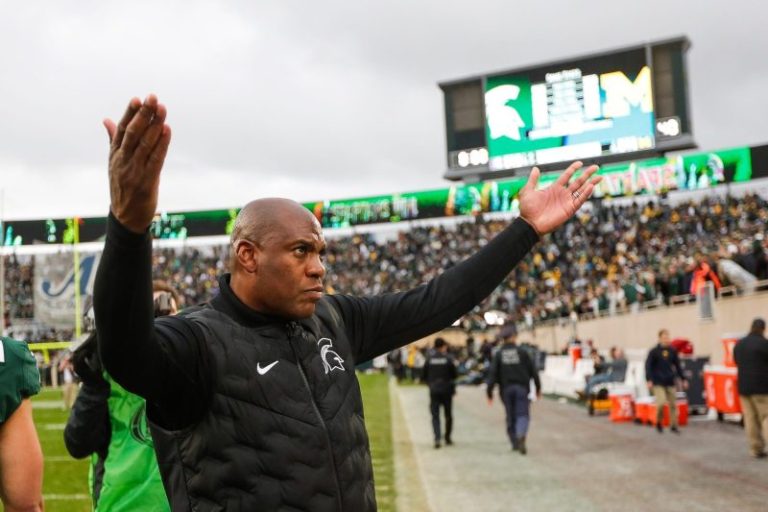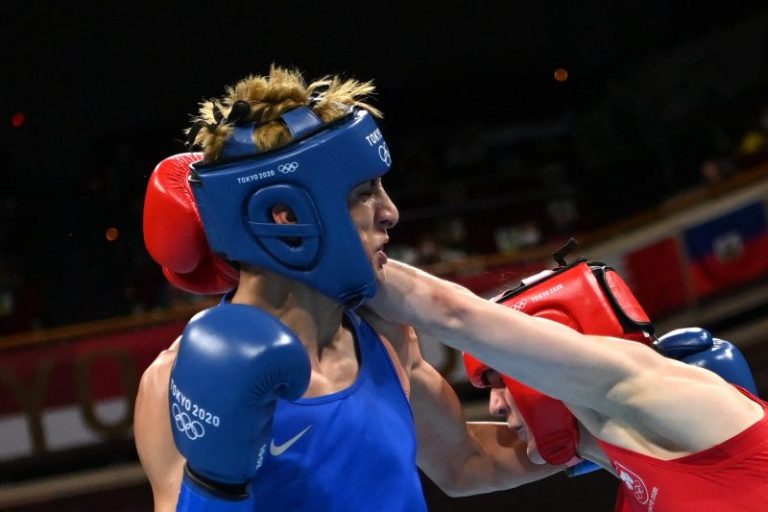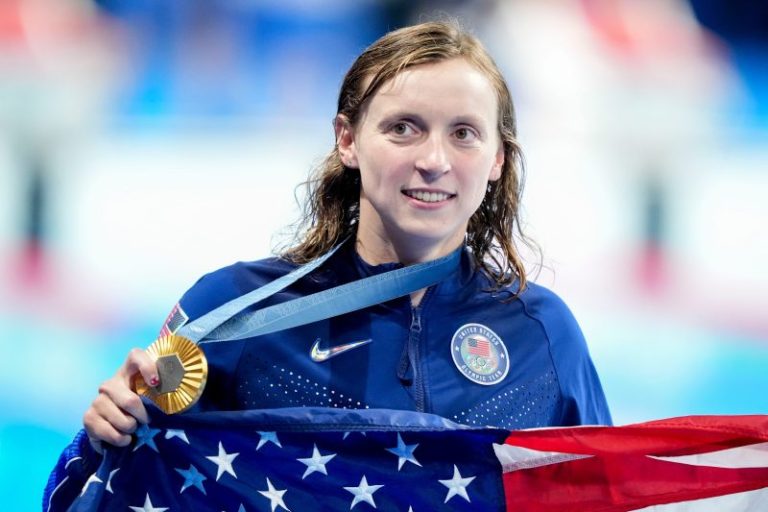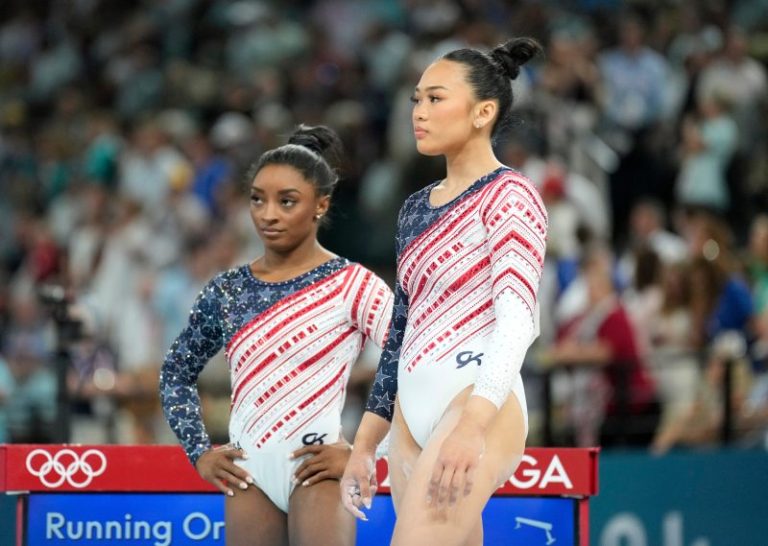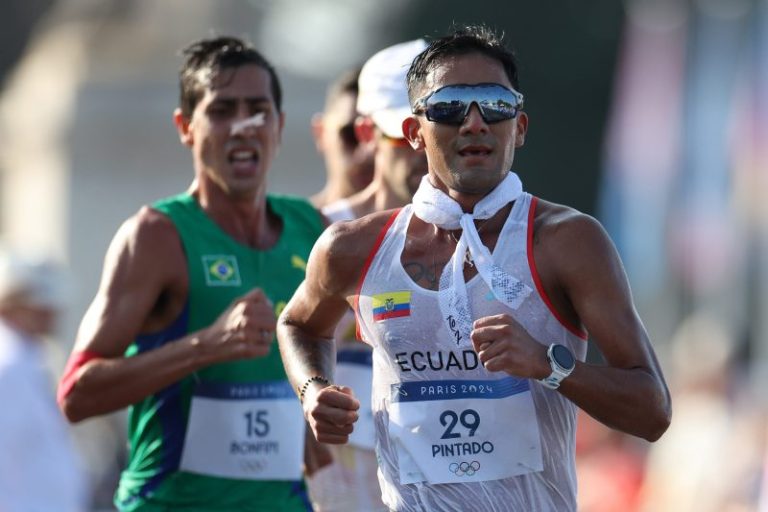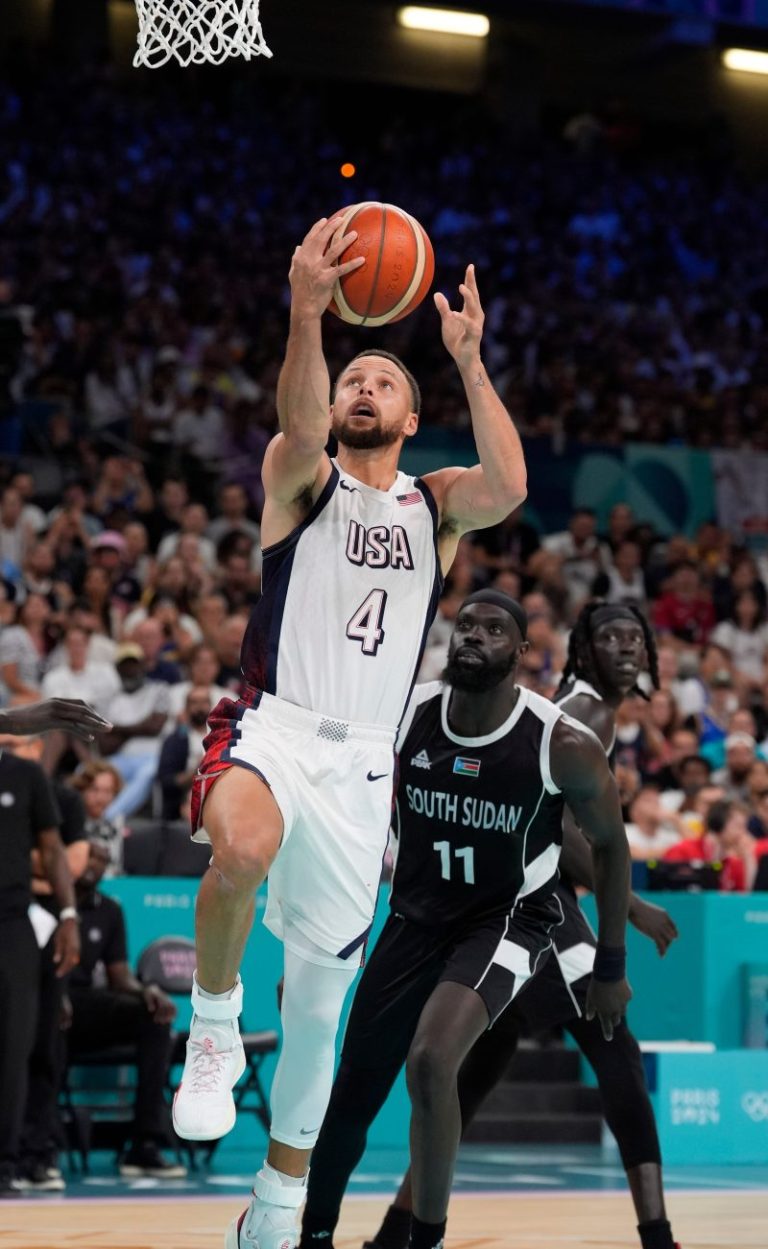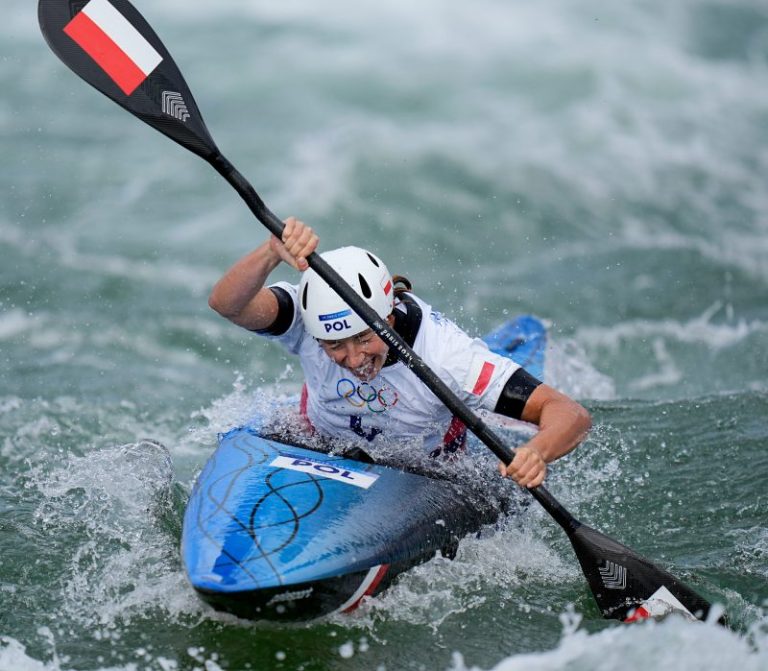Former Michigan State football coach Mel Tucker filed a lawsuit on Wednesday alleging the university and its leaders wrongfully terminated and defamed him amid a sexual harassment scandal last fall.
The 75-page lawsuit filed in federal court in Michigan accuses the university of conducting an ‘improper, biased, and sham investigation’ designed to fire him, violating his right to due process. Tucker, a Black man, also accuses school officials of discriminating against him based on his race.
‘By improperly weaponizing the University’s investigative procedures against Plaintiff,” the suit claims, “the Defendants have caused, and continue to cause, Plaintiff to experience severe emotional harm and suffering, and have caused hundreds of millions in damages.’
The lawsuit seeks compensation but does not specify a dollar amount.
Messages to MSU spokespeople and attorneys for Tucker seeking comment were not immediately returned.
Interim President Teresa Woodruff, Athletic Director Alan Haller, General Counsel Brian Quinn and all eight members of MSU’s Board of Trustees are named as defendants.
Brenda Tracy, the woman who accused Tucker of sexual harassment, is not a defendant. She and her attorney declined to comment.
Tracy, a prominent rape survivor and activist Tucker hired to educate his players about sexual misconduct prevention, filed a complaint against him with the university’s Title IX office in December 2022. She accused Tucker of sexually harassing her on multiple occasions during their yearlong business partnership, including masturbating without her consent during an April 2022 phone call.
The complaint remained confidential while the university hired an outside attorney to investigate. Meanwhile, Tucker continued coaching, leading the Spartans to a 2-0 start in the 2023 season.
On Sept. 10, a USA TODAY investigation revealed Tracy’s allegations for the first time publicly. Hours later, Haller and Woodruff called an emergency press conference announcing they were suspending Tucker without pay.
Tucker’s lawsuit alleges they made knowingly false and damaging statements about him at the press conference, including that “new developments” supported their drastic actions. It accuses both Haller and Woodruff of defamation.
The news sparked a wave of public outrage, including from Michigan Gov. Gretchen Whitmer, who said she was shocked and disappointed and demanded answers from her alma mater.
One week after suspending him, MSU leaders moved to fire Tucker for cause, even though the investigation was not yet complete. In his termination letter, Haller wrote that Tucker breached his contract by engaging in unprofessional and unethical conduct and embarrassing the university.
‘It is decidedly unprofessional and unethical to flirt, make sexual comments, and masturbate while on the phone with a University vendor,’ Haller wrote. ‘Your unconvincing rationalizations and misguided attempts to shift responsibility cannot and do not excuse your own behavior.”
By firing him for cause, the university canceled the roughly $75 million remaining on the 10-year contract Tucker signed in November 2021. It had made him one of the nation’s highest-paid coaches.
Tucker says the university had no basis to fire him. He accuses the university of firing him only because Tracy provided the confidential case file to USA TODAY.
“Once Tracy’s claims and the illegitimate investigative materials were made public by Tracy herself,” the lawsuit claims, university officials “conspired to establish a pretextual basis to terminate Plaintiff’s contract without a hearing.”
Despite firing Tucker, the university continued with the sexual harassment case and held a hearing on Oct. 5. Instead of showing up to question Tracy, Tucker and his attorney sent reporters and the university’s board of trustees a trove of text messages between her and her deceased friend and business assistant. Tucker said the messages proved his innocence.
In January, the investigation by the university’s outside attorneys concluded Tucker more likely than not sexually harassed and exploited Tracy on several occasions before, during and after the now-infamous phone call. They found Tracy’s version of events more plausible, consistent and supported by the evidence and determined the text messages were irrelevant.

